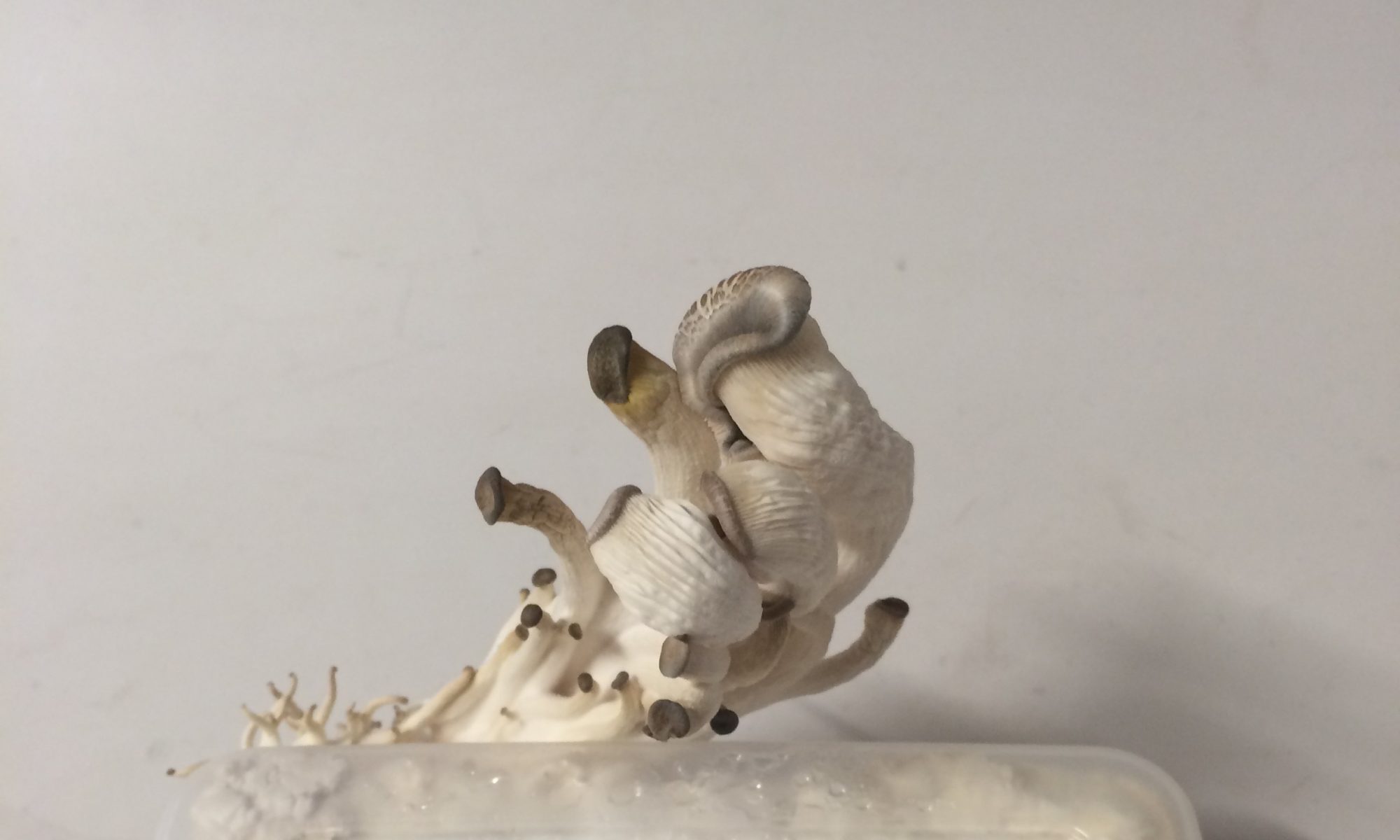I love people. This happened rather quickly – which is fantastic – the things scientists called ‘junk’ in our DNA are starting to reveal themselves. I love people for needing to dismiss things as junk, and simultaneously having a nagging dogged curiosity: naah, that can’t ALL be junk.
Two articles this month:
1. Time Mag
Junk. Barren. Non-functioning. Dark matter. That’s how scientists had described the 98% of human genome that lies between our 21,000 genes, ever since our DNA was first sequenced about a decade ago. The disappointment in those descriptors was intentional and palpable.
It had been believed that the human genome — the underpinnings of the blueprint for the talking, empire-building, socially evolved species that we are — would be stuffed with sophisticated genes, coding for critical proteins of unparalleled complexity. But when all was said and done, and the Human Genome Project finally determined the entire sequence of our DNA in 2001, researchers found that the 3 billion base pairs that comprised our mere 21,000 genes made up a paltry 2% of the entire genome. The rest, geneticists acknowledged with unconcealed embarrassment, was an apparent biological wasteland.
But it turns out they were wrong. In an impressive series of more than 30 papers published in several journals, including Nature, Genome Research, Genome Biology, Science and Cell, scientists now report that these vast stretches of seeming “junk” DNA are actually the seat of crucial gene-controlling activity — changes that contribute to hundreds of common diseases. The new data come from the Encyclopedia of DNA Elements project, or ENCODE, a $123 million endeavor begun by the National Human Genome Research Institute (NHGRI) in 2003, which includes 442 scientists in 32 labs around the world. MORE
NY Times, “Bits of Mystery DNA, Far From ‘Junk,’ Play Crucial Role”
Now scientists have discovered a vital clue to unraveling these riddles. The human genome is packed with at least four million gene switches that reside in bits of DNA that once were dismissed as “junk” but that turn out to play critical roles in controlling how cells, organs and other tissues behave. The discovery, considered a major medical and scientific breakthrough, has enormous implications for human health because many complex diseases appear to be caused by tiny changes in hundreds of gene switches. MORE
